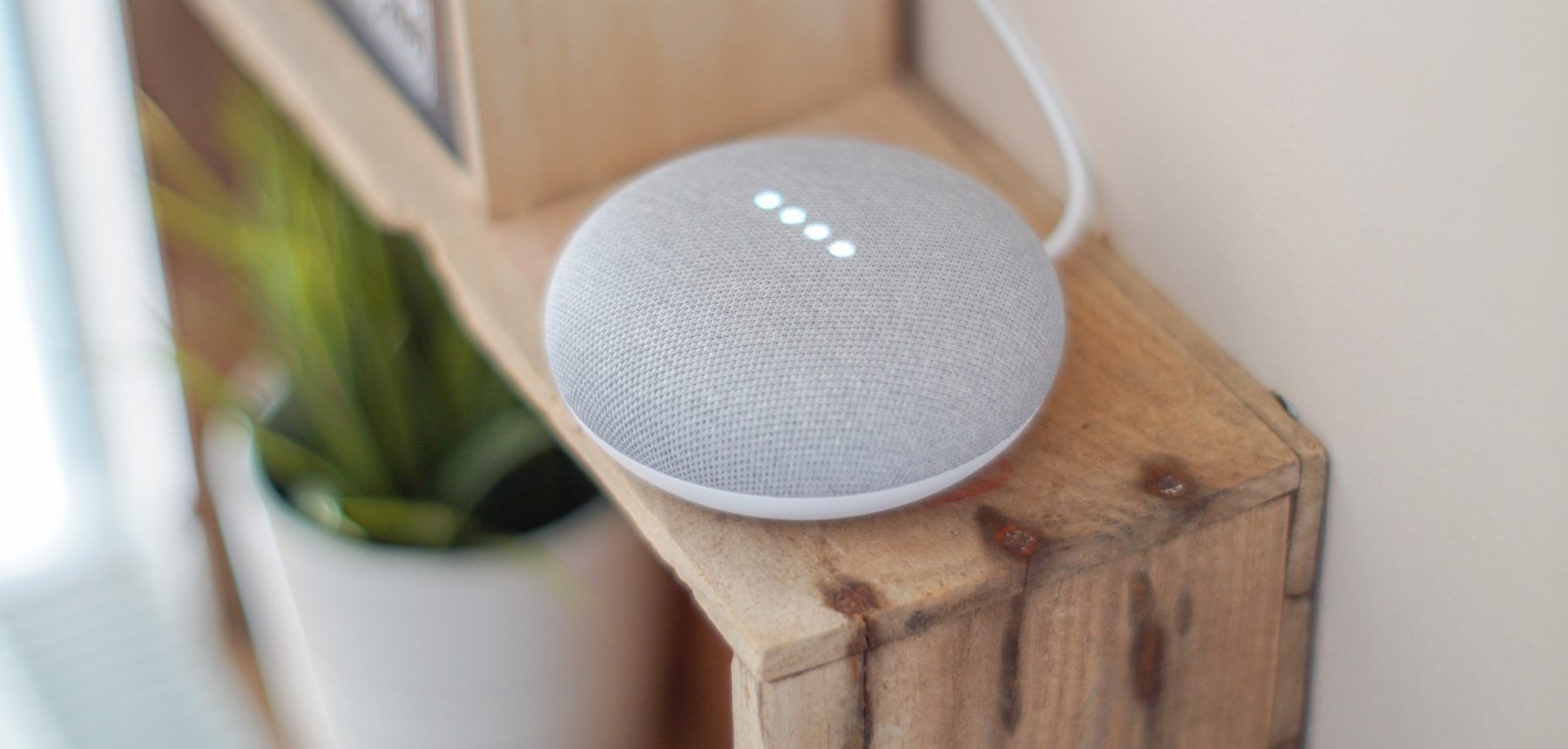News & Insights

How digital platforms engage consumers has never been more relevant to our lives than it is today.
With privacy as a hot button issue for platforms like Facebook and Twitter, everyone wants to know just how smart the devices we use are and what role they play in influencing the decisions we make. But let’s be honest, how many times have you had a conversation about a product only to log on to social media and see the product advertised on your news feed?
Well, you’re most definitely not alone. Sometimes, this practice of ad targeting feels a little creepy — almost as if the Internet knows what you’re thinking. If you’re convinced that your devices are monitoring your every move and conversation — welcome to the club!
When we establish free-of-charge online personas, by building Facebook profiles or creating a Gmail account, we essentially hand advertisers a treasure trove of information about our interests, demographics, purchasing behavior, and relationships with friends and family. Platforms collate this data and distribute it to third parties — advertisers — who in turn use that information to deliver high-impact messaging specialized to a particular group of people. Brands and organizations use this data to cut through the digital noise and reach consumers with the products, events, and issues that they believe will be relevant to us.
Trustworthy information on how the whole digital ad game works is frustratingly hard to come by. Is your phone listening to you? Does Facebook or Google monitor your actions and conversations? No one seems to give a straight answer. Here’s the bigger truth: Most digital platforms don’t need to listen to your every word because they already know everything about you. They are simply aggregating the data you’ve willingly given them.
With all the conspiracy theories out there, allow us to debunk the most popular ones and reveal some of the most advanced targeting capabilities available.
//
Myth #1: Yesterday I went to Target to look at desks, but didn’t buy anything. Today, I was barraged by Target desks ads. My phone is a mole.
Your phone isn’t spying, per se! Instead, online platforms are able to aggregate your location data at every moment of every day via your mobile device, ultimately allowing them to build out a precise behavioral profile of you. Not only can advertisers target mobile devices that are in a shopper’s pocket, but they can target anyone who was recently in a particular store’s physical location. Digital platforms have access to a plethora of location and IP address data, giving brands a window into our whereabouts and shopping habits.
Myth #2: My friend told me about a new yoga studio she joined. A Facebook ad just invited me to join the same studio. Facebook must have heard our conversation.
Facebook isn’t listening to your conversations. Instead, the platform makes assumptions about you and your online network. Not only has Facebook accumulated data on you, but it has collected the data of your friends. When your friend visited the yoga studio’s website or liked its Facebook page, she likely joined the brand’s customer audience list, and, by default, everyone in her social network did, as well. Advertisers operate under the assumption that if you are interested in something, there’s a high probability that your friends will be, too. Generally speaking, our friends are often not so different than ourselves — and advertisers are literally banking on that.
Myth #3: I added a pair of shoes to an online shopping cart, but didn’t end up buying them. Now, I’ve seen banner ads for those same shoes everywhere. Websites must be trading my data.
Websites aren’t trading your data. Every brand, whether selling consumer goods or advocating for an issue, puts tracking pixels on their ads to monitor the online behavior of consumers and, later, urge them to take additional action (e.g., buy, support, donate). Advertisers are able to place ads on a network of sites beyond their own, distributing banner and side panel ads to remarket to consumers. Pixels allow advertisers to customize their audiences further and drive existing consumers to take action.
//
So how do we understand all of this? What does it mean for keeping some level of anonymity when shopping for a desk or buying a pair of shoes?
While controversial, there’s an argument to be made that there’s an inherent benefit to having our online movements mapped by advertisers. Let’s face it: If we are going to see ads, isn’t it better that the ads we see are relevant and useful?
Perhaps more important questions to consider are: How much data collection is too much, and what protections should consumers have? Today, it’s up to digital platforms and ad vendors to collect data responsibly, establish privacy standards to protect user data, and facilitate a culture of transparency and integrity among brands and advertisers. The jury is still out on this last point. It’s up to consumer protection organizations among others to strike a balance between offering consumers what they want, while at the same time not abusing the data they have on us or our social network.
As digital advertising spending continues to reach new heights (digital ad revenue surpassed $100B for the first time in 2018), platforms like Facebook, Google, Twitter, and Snapchat will have to grapple with the scale of what they’ve created. One of many challenges will be how to strike a steady balance between giving brands and advertisers better and more innovative tools for cost-effective, cutting-edge communications, while also shielding consumers and society from the unintended consequences of an industry that is both vast and driven by consumption.
How these two positions — a desire for uninhibited online growth paired with external pressure for these tech giants to establish greater privacy standards — will reach an equilibrium in the years to come won’t just affect how brands market to consumers, it will have a powerful and indelible impact on how society functions.